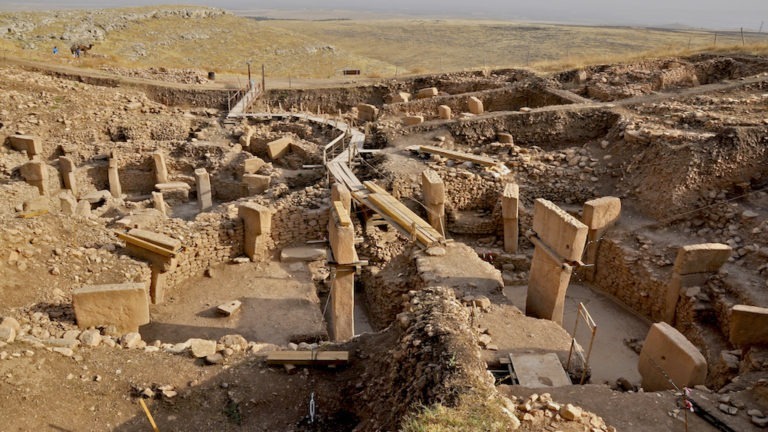The orangutan, one of the most intelligent and gentle great apes, is facing a dire threat that stems from an ingredient found in half the products we use every day — palm oil. Grown primarily in Indonesia and Malaysia, the palm oil industry is a major driver of deforestation, putting orangutan habitats under constant siege. This conflict between industrial agriculture and wildlife preservation has become a central issue in conservation today.
Palm oil is the world’s most widely used vegetable oil. It’s in everything from packaged foods and personal care items to biofuels. Because it’s cheap and efficient to produce, its demand has skyrocketed. Unfortunately, this demand has come at the cost of Southeast Asia’s rainforests — and the animals that live there. Orangutans, who once roamed freely across large swaths of Borneo and Sumatra, are now restricted to fragmented patches of forest.
Every year, thousands of hectares of rainforest are cleared to make way for palm plantations. This destruction displaces orangutans, leaving them without food or shelter. Some wander into plantations in search of food and are injured or killed. Others fall victim to poachers or are captured and sold illegally as pets. The loss of habitat has been so severe that the orangutan is now classified as critically endangered by the International Union for Conservation of Nature (IUCN).
However, the story isn’t all negative. There are sustainable alternatives being explored and practiced, and conservation organizations are fighting back with creative solutions. One of the most powerful tools in this effort is consumer awareness. When people learn about the connection between palm oil and orangutan extinction, they can make informed decisions — choosing products made with certified sustainable palm oil or alternatives.
Another way to contribute to the orangutan cause is through responsible ecotourism. An orangutan tour not only allows visitors to witness these magnificent animals in the wild but also directly supports conservation efforts. In regions like Tanjung Puting National Park in Borneo or Bukit Lawang in Sumatra, eco-conscious tours bring travelers into the heart of orangutan territory. These experiences are designed to minimize human impact while maximizing education and conservation funding.
Guides on orangutan tours often explain how palm oil production affects the rainforest and the wildlife within it. Tourists gain a better understanding of the issue, not from a news article or a documentary, but by seeing the habitat and the animals themselves. The emotional connection created during these tours often inspires visitors to advocate for change and support palm-oil-free products.
Moreover, revenue from these tours supports local communities, giving them alternatives to working in destructive industries like logging or illegal hunting. When local people benefit economically from conservation, they have a greater incentive to protect rather than exploit the environment.
While the crisis between orangutans and palm oil is far from over, every action counts. Whether it’s choosing ethical products, supporting reforestation efforts, or joining an orangutan tour, individuals have the power to make a difference.
The coexistence of industry and nature is possible — but it requires awareness, accountability, and collective action. Orangutans cannot speak for themselves, but through our choices and voices, we can help secure a future where both forests and communities thrive.





